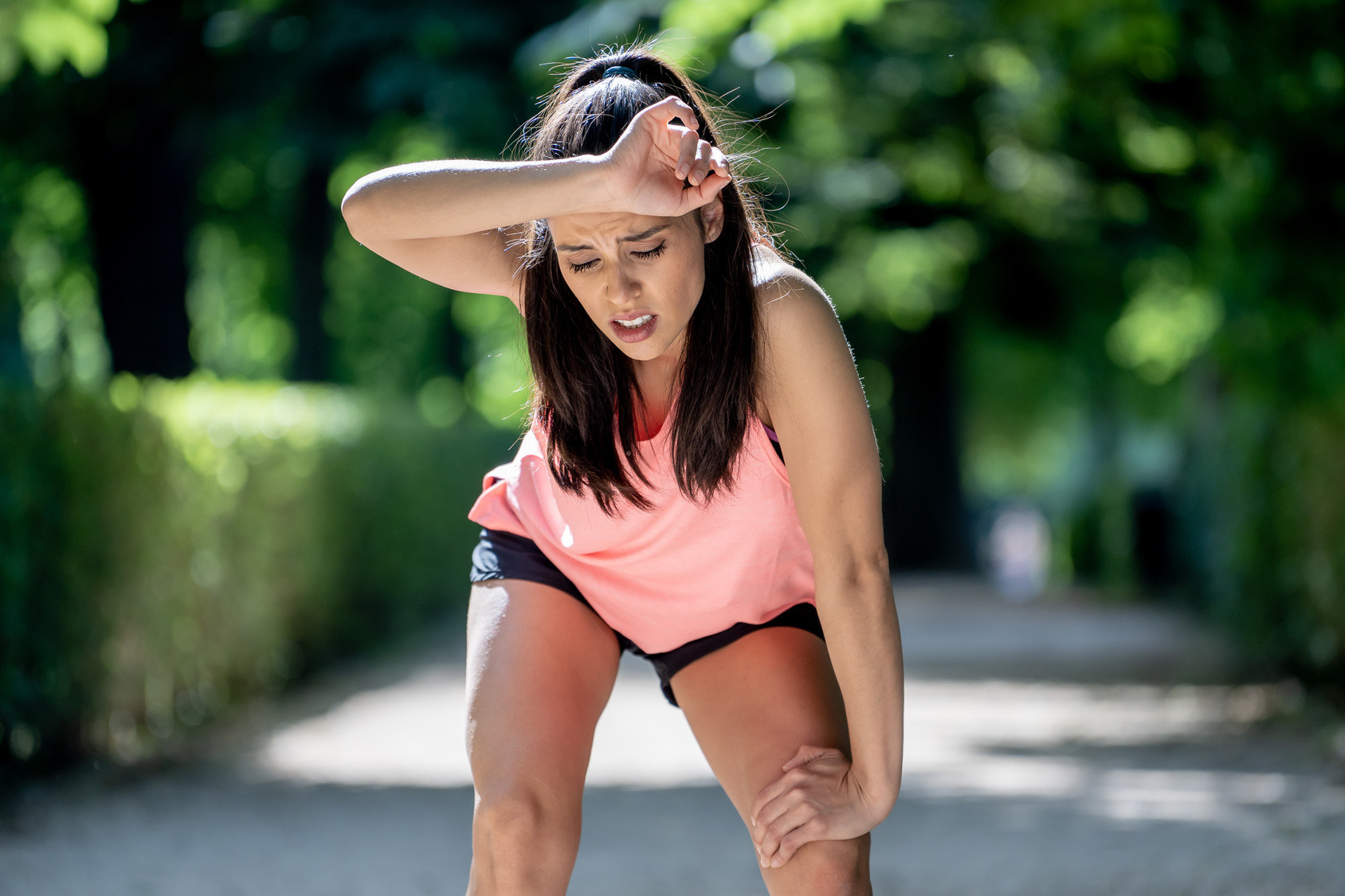Running News Daily
Running News Daily is edited by Bob Anderson. Send your news items to bob@mybestruns.com Advertising opportunities available. Train the Kenyan Way at KATA Kenya and Portugal owned and operated by Bob Anderson. Be sure to catch our movie A Long Run the movie KATA Running Camps and KATA Potato Farms - 31 now open in Kenya! https://kata.ke/
Index to Daily Posts · Sign Up For Updates · Run The World Feed
How to Avoid Post-Run Pains
It's hard enough to finish a run and deal with tight calves or aching feet. Runners sometimes also have to contend with other nagging ailments that aren't so much related to muscles and joints--ailments such as a pounding post-run headache or a sour post-workout stomach.
These post-run pains can be enough to make you wish for a case of shin splints, but fortunately, many of them also have easy fixes that don't involve reaching for pain relievers. Add some of these tips to your training to see if they relieve post-workout pain.
Headache
A throbbing headache after a run is common for many runners. One theory is that running dilates the blood vessels in the skull, which can cause painful headaches. Headaches can also be made worse by dehydration. The rule of thumb is: If you're running less than an hour and it's cool outside, you don't have to hydrate during your workout, but you'll still want to be sure to fuel up before heading out.

As the weather heats up, stay hydrated with extra water breaks and electrolyte-rich beverages. sports drinks. Most experts recommend three to six ounces of fluid every 30 minutes. Many runners have found that replacing their sodium losses and electrolytes with salty snacks or drinks prevent the post-run headache.
Another possible cause of a headache after your run is that your blood sugar was low before you exercised. Up to two hours before a hot and/or long workout, you'll want to eat a small snack, such as whole-wheat toast or a small bowl of cereal. Then, after finishing your workout, follow it with a meal that's a 4:1 ratio of carbohydrates to protein.
You may also be running with tightness in your neck and shoulders, which could eventually lead to that afternoon headache. Make time after you run to stretch out those muscles in your neck and shoulders, and relax them with a hot shower or heating pad.
Gastrointestinal issues

Sometimes the stomach keeps contracting after a sudden stop in exercise (like crossing a finish line). If this happens, you're likely to feel nauseated or even throw up. Cool down completely and avoid sitting after racing or a tough workout. This will help keep your stomach from cramping.
Like headaches, some nausea can be caused by dehydration or an electrolyte imbalance. Staying hydrated will help if fueling issues cause your nausea.
What you eat before your run also affects your stomach. Try to eat at least an hour before your run, unless it's a light snack. Test different energy bars and snacks to see what your stomach can handle.
Fatigue
While exercise gives you a boost in energy, it can make you consistently feel run down if you've hiked up your weekly mileage too quickly. The common rule is to increase your weekly mileage no more than 10 percent a week and to plan for shorter mileage weeks throughout your training to give your body time to recover. Take some time to let your body recover one or two days during the week.
by Amanda Casanova
Login to leave a comment




